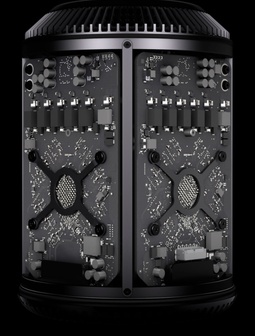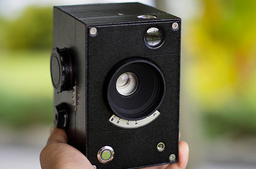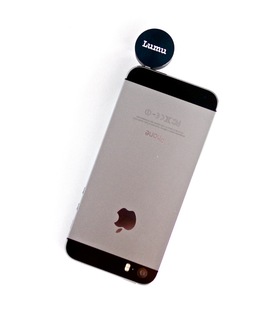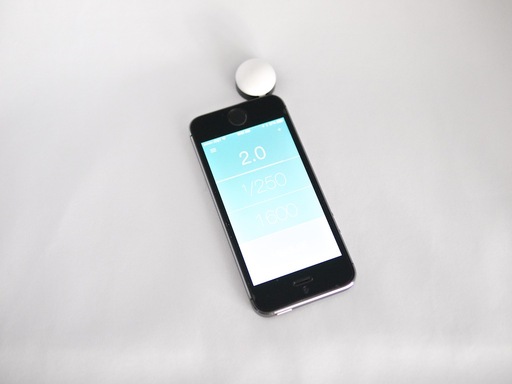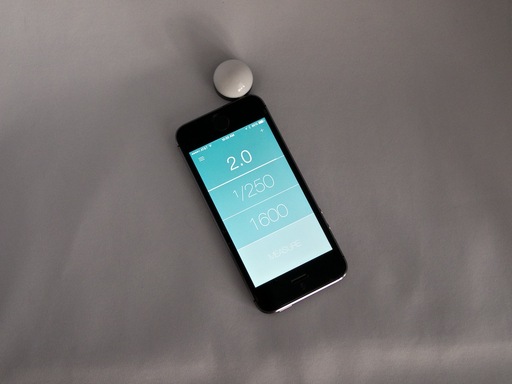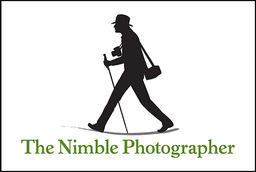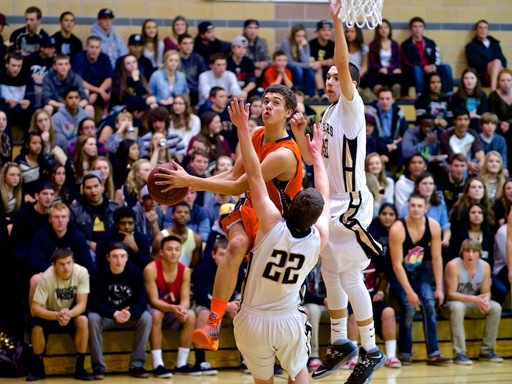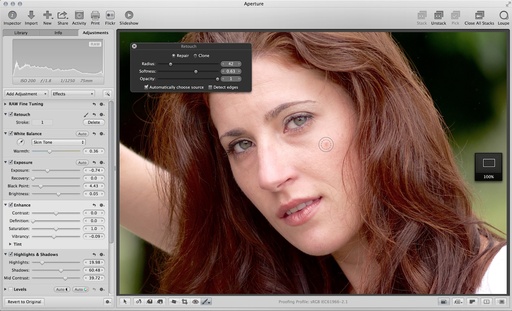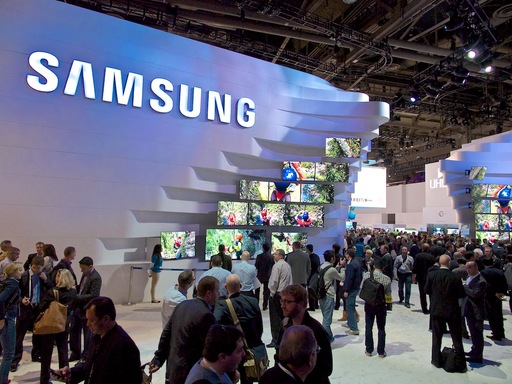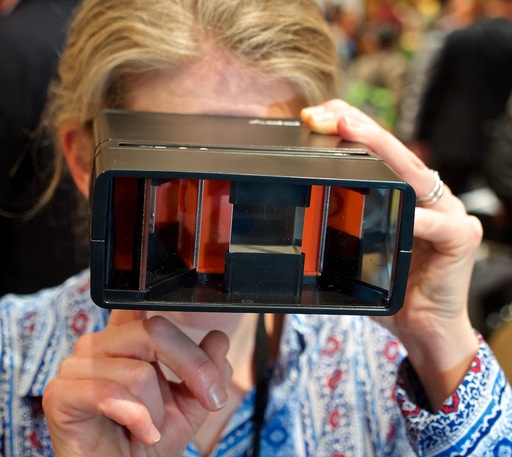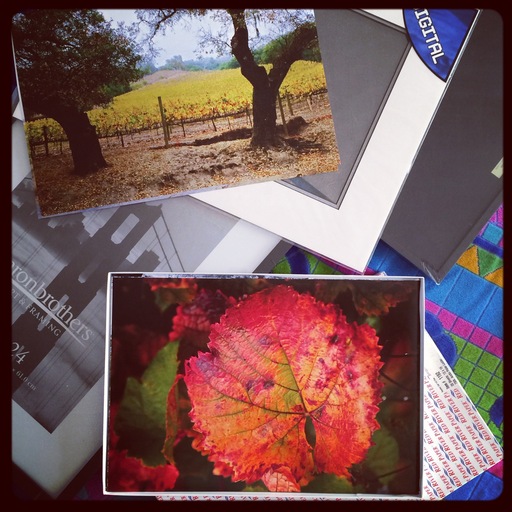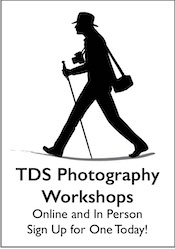This week on The Digital Story photography podcast: 5 Top Photo Picks from CES; From the Screening Room: Ben Long: Foundations of Photography: Flash - On the Nimbleosity Report - 5 Things I Hate About Travel - All of this and more on today's show with Derrick Story.
Story #1 - 5 Top Photo Picks from CES: As it turned out, CES was more photo gear rich than I had anticipated. Here are my 5 top picks from the show.
- The Panasonic Leica DG Nocticron 42.5mm f/1.2 ASPH Power OIS Lens $1,599 US. Nine Circular Diaphragm Blades, External Aperture Ring, Metal Design, and Image Stabilization.
- The Fujifilm Instax SHARE SP-1 Instant Printer $200 - it uses Fujifilm Instant Color Film (10 per pack) to produce a 62mm x 46mm print from your mobile device. Since it has its own WiFi hotspot, you can connect and print anywhere. Only weighs 253 grams and fits in your jacket pocket.
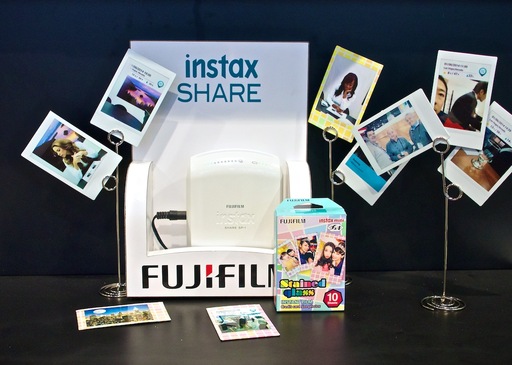
- The Poppy turns your iPhone into a 3D camera $59 US. Works for both capture and viewing. It is the modern day "Viewmaster."
- The Samsung 16-50mm f/2-2.8 S ED OIS Lens $1,299 US. 24.6-77mm (35mm Equivalent), 9-Blade Circular Aperture Diaphragm, Splash/Dust proof, IS.
- The olloclip 4-in-1 Photo Lens for iPhone 5/5s + Quick-Flip Case $99 US - Great way to expand your iPhone photography. Plus, they're coming out with a model for the iPad that might be even more practical from some folks.
Story #2 - From the Screening Room - Ben Long: Foundations of Photography: Flash. This week's featured artist is all around great guy Ben Long. His introductory movie shows you the variety of flash techniques that he'll demonstrate, including fill flash, slow synchro, and off-camera.
You can watch Ben in action by visiting the TDS Screening Room at lynda.com/thedigitalstory. While you're there, you can start your 7 day free trial to watch all of Erin's movies, plus every other title in the library (including over 20 by yours truly).
Story #3 - The Nimbleosity Report - "5 things I hate about travel."
- Setting my bag on the restroom floor - This is why I go with shoulder bags in airports instead of rollers whenever possible.
- The middle seat - There's no delicate way to get around this: the middle seat sucks.
- Overhead compartments - They were designed in the day when people didn't have to pay to check their luggage. Now everything from rolling trunks to grand pianos are tried to squeeze in overhead.
- Overpriced everything - I went to buy a pack of gum at the airport concession, until I saw it was $3. Water is even a bigger rip off because you're not allowed to bring your own with you.
- Unsavory cab drivers - The hell doesn't end once you arrive at your destination. The second wave of torment awaits you outside.
Virtual Camera Club News
Photo Assignment for January 2014 is White.
There's still a seat open for the Fine Art Photography Workshop, Feb. 28-March 1, 2014 .
Artisan Cheese Festival: March 21-23, 2014 - This advanced workshop puts you on assignment to cover Artisan Cheese Festival. You'll experience a complex event assignment from the inside out, learning about client relations, shot list preparation, lighting techniques, post production, and more. Three days - $250
BTW: If you're ordering through B&H or Amazon, please click on the respective ad tile under the Products header in the box half way down the 2nd column on thedigitalstory.com. That helps support the site.
Listen to the Podcast
In addition to subscribing in iTunes, you can also download the podcast file here (32 minutes). You can support this podcast by purchasing the TDS iPhone App for only $2.99 from the Apple App Store.
More Ways to Participate
Want to share photos and talk with other members in our virtual camera club? Check out our Flickr Public Group. And from those images, I choose the TDS Member Photo of the Day.
Podcast Sponsors
lynda.com - Learn lighting, portraiture, Photoshop skills, and more from expert-taught videos at lynda.com/thedigitalstory.
Red River Paper -- Keep up with the world of inkjet printing, and win free paper, by liking Red River Paper on Facebook.
SizzlPix! - For The Digital Story Virtual Camera Club members ... if you'd like additional copies of for gifts, or SizzlPix! of any other of your images to make spectacular, amazing holiday gifts, order any two SizzlPix! to be shipped together, and we'll give you 25% off on the second one! Order any size up to a mind-boggling 48 by 72" Imagine -- six feet! and no sacrifice in resolution, luminance, and impact. Just put "TDS " in the comments space on the sizzlpix.com order page. Of course, you may apply the discount to any number of pairs. And free shipping to any US mainland address.
Want to Comment on this Post?
You can share your thoughts at the TDS Facebook page, where I'll post this story for discussion.
